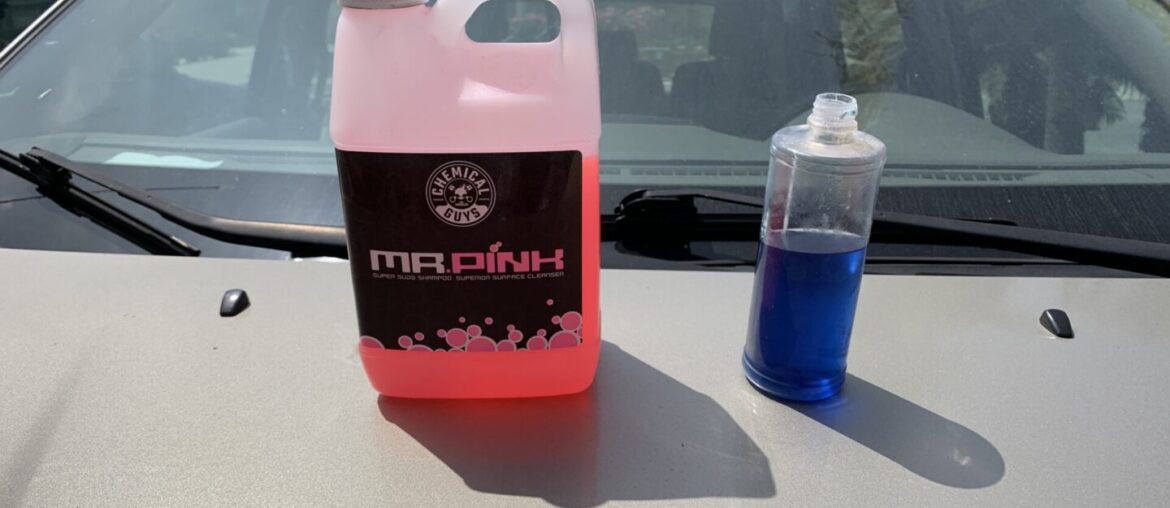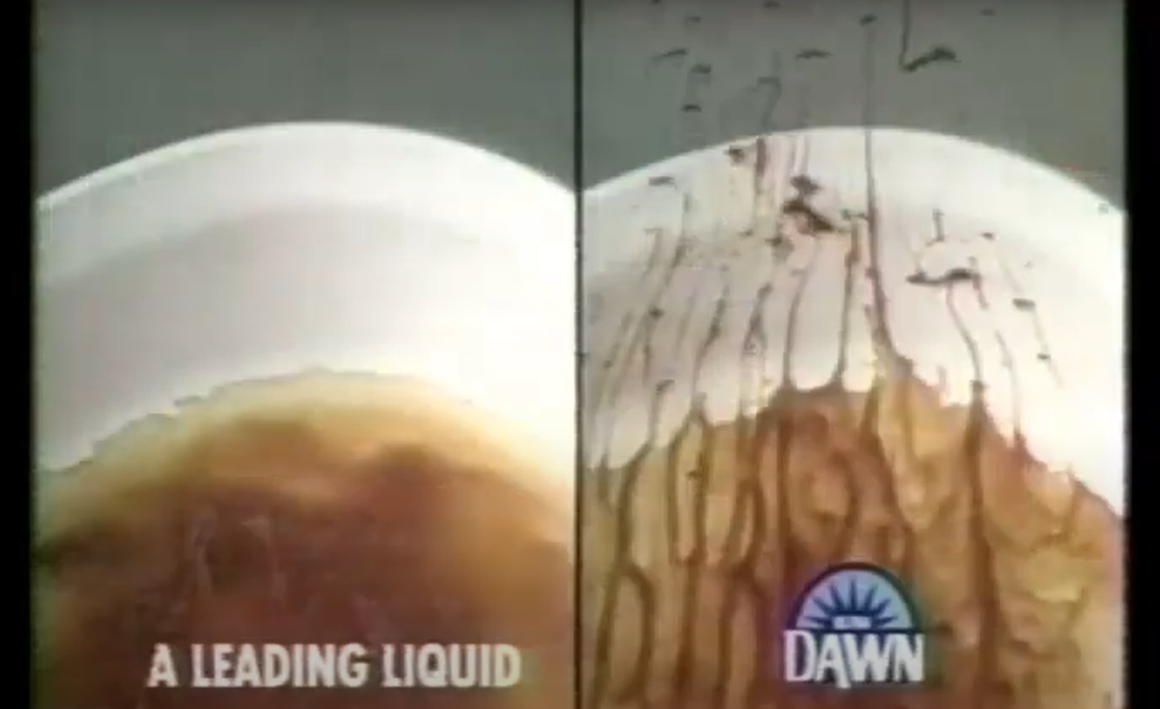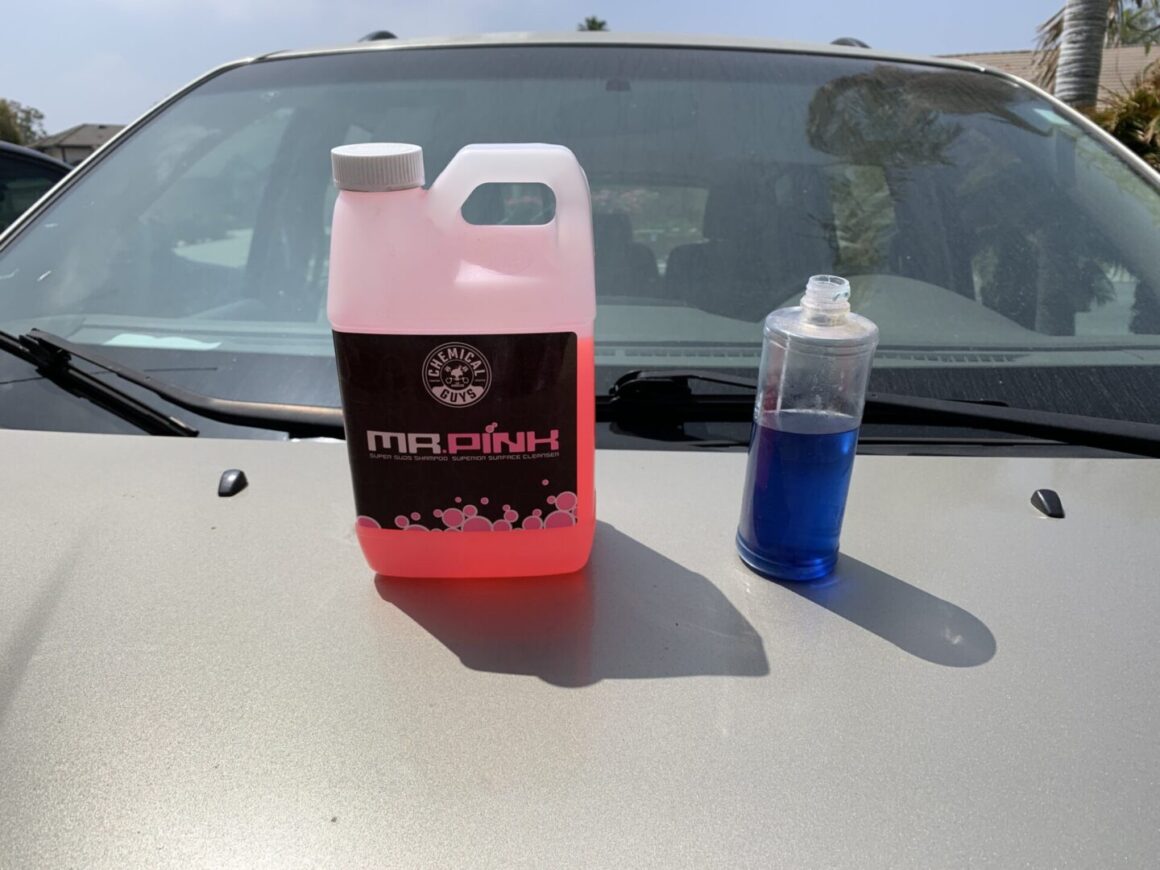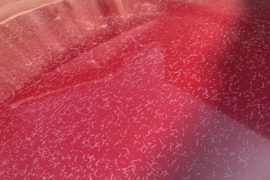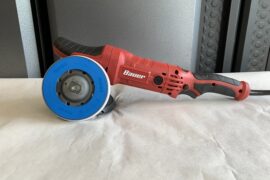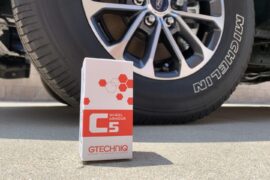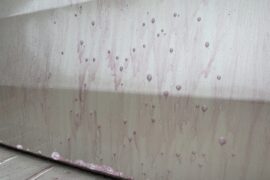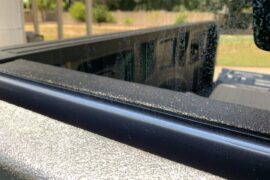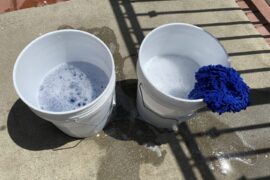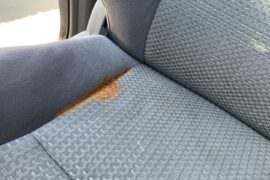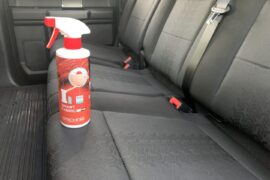When you make purchases through links on this site, The Track Ahead may earn an affiliate commission. Also, these posts are based off my own experiences. I am not responsible for any action you take as a result of reading this. Learn More
Is it OK to use Dishwashing Soap to Wash your Car?
The short answer is YES, using dishwashing soap is likely okay to use to wash your car. You might get different answers depending on who you ask. Much of the information around this subject is due to the marketing indoctrination saying that you must use a dedicated car wash soap to wash your car safely. Reasons given for doing so include: using a non-car soap will damage the car’s paint, a pH-neutral soap MUST be used otherwise it will also strip existing protectants, and a dishwashing soap will strip the car of its existing wax/sealant/coating. In my opinion, these statements couldn’t be further from the truth.
To dispel some of these myths, I want to point out some things. Using dishwashing soap on your car is not going to damage the car’s paint; it’s improper wash technique that will likely cause more damage to your car’s finish than simply using dish soap instead of car soap. Also, most car wash soaps (and even dish soaps) are pH-neutral these days. Even some car soaps that are non-pH neutral aren’t strong enough to strip existing LSP (Last Step Product) on your car (e.g. wax, sealant, coating.). And finally, dish soap is not going to strip your car of existing LSP on your car either.
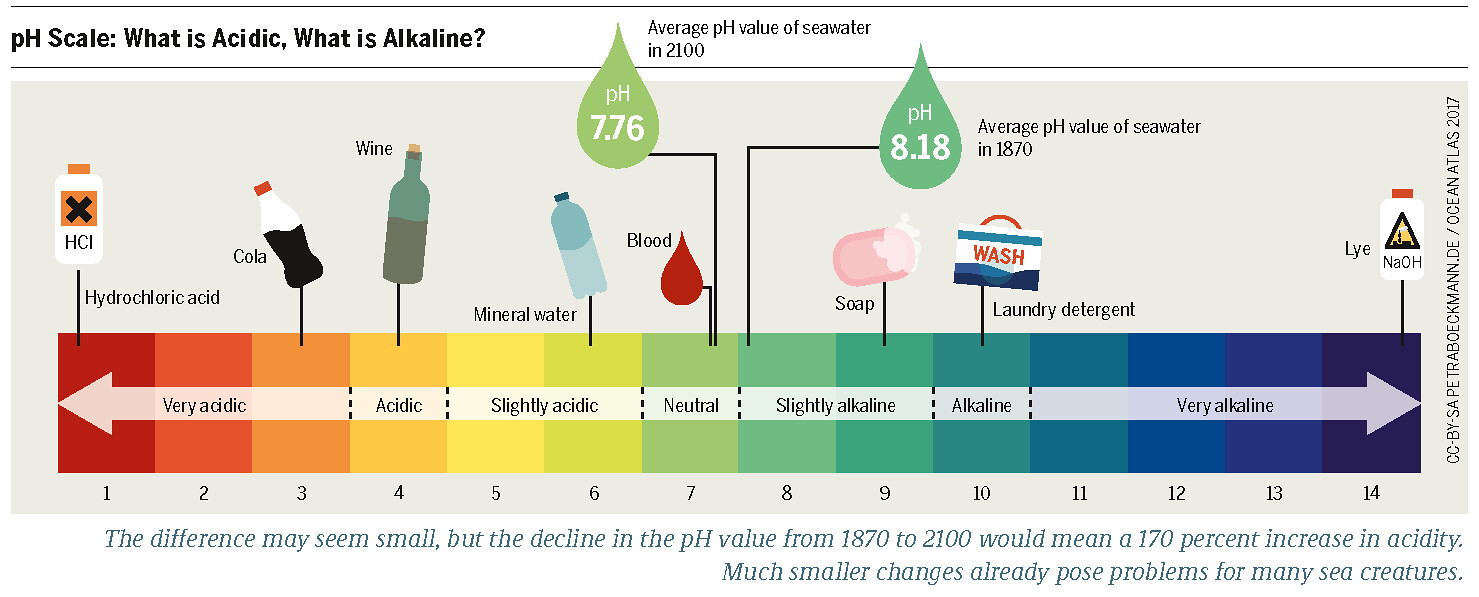
The thinking that dishwashing soap is going to strip off, let’s say in this case, wax, is mostly aligned with the fact that dishwashing soap is typically used to remove grease from your dishes, pots, and pans. Because it will “strip” the grease away here, the thinking is that it will do the same to a wax on your car. Mind you, when you wash grease off your pots and pans, you still need to scrub with an abrasive scrub sponge (which is probably doing the “stripping” action.)
Also, you might be thinking of a dish soap commercial showing a bunch of pots and pans underwater with grease miraculously breaking away; I’ve got that burned into my memory too. Unless you’re planning to submerge your car into a huge vat of dish soap and water for hours on end, I don’t think you’re to get the same result.
I’m not going to say that I know for sure that dishwashing soap doesn’t degrade the protectant on your car. It’s possible that it might degrade it slightly, but from what I’ve experienced, not enough to make a difference. However, based on the research I have done, I’ve concluded that much of this myth is spread by cunning marketing tactics by car care companies in order to sell more product.
The only way I can validate my hypothesis that dish soap will not strip away an existing wax is to perform my own experiment to make my own conclusion. So that’s what I set forth to do, to prove that washing your car with dish soap will not strip away existing wax on your car. I also included a pH-neutral car wash soap in the test as a control to compare the results.
Preparing the Paint Surface for the Test
I prepped the hood of this Toyota Sienna to ensure that I had a good application of wax applied to it before performing the test. I followed this process:
- Wash: Chemical Guys Mr. Pink for soap, Meguiar’s Water Magnet Drying Towel for drying
- Clay Bar: Mothers Clay Bar Kit for clay bar kit (includes lube); here I used Optimum No-Rinse for clay lube
- Wax: Collinite 845 Insulator Wax, Viking Applicator Pads for wax application, Microfiber Towels for wipe away
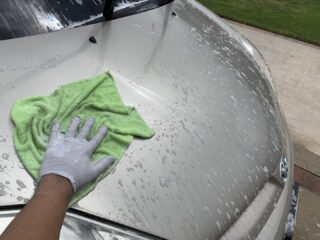
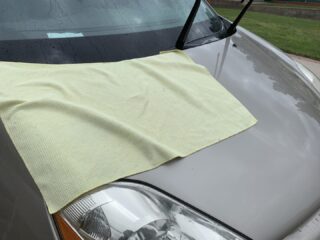
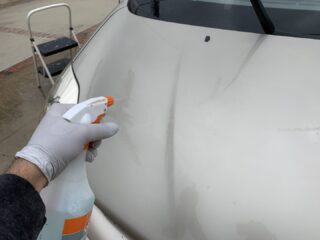
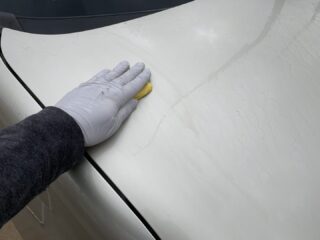
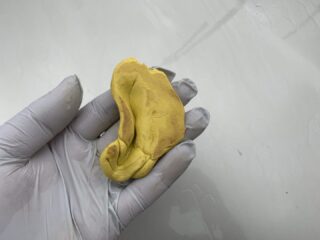
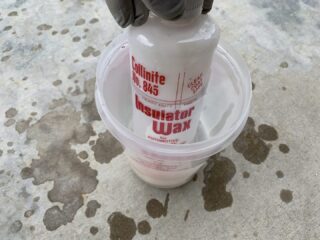
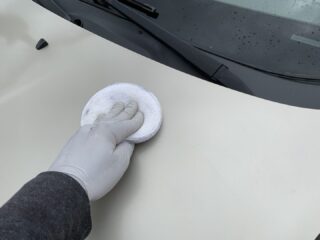
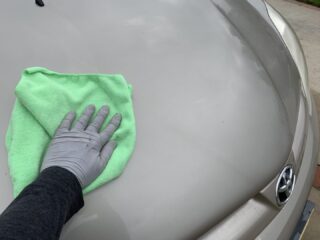
Testing if Dishwashing Soap (and Car Soap) will Strip Carnauba Wax
After the process of washing the car, claying it, and applying wax, you can see that the wax is doing its job by easily beading away any water sprayed onto the surface of the hood.
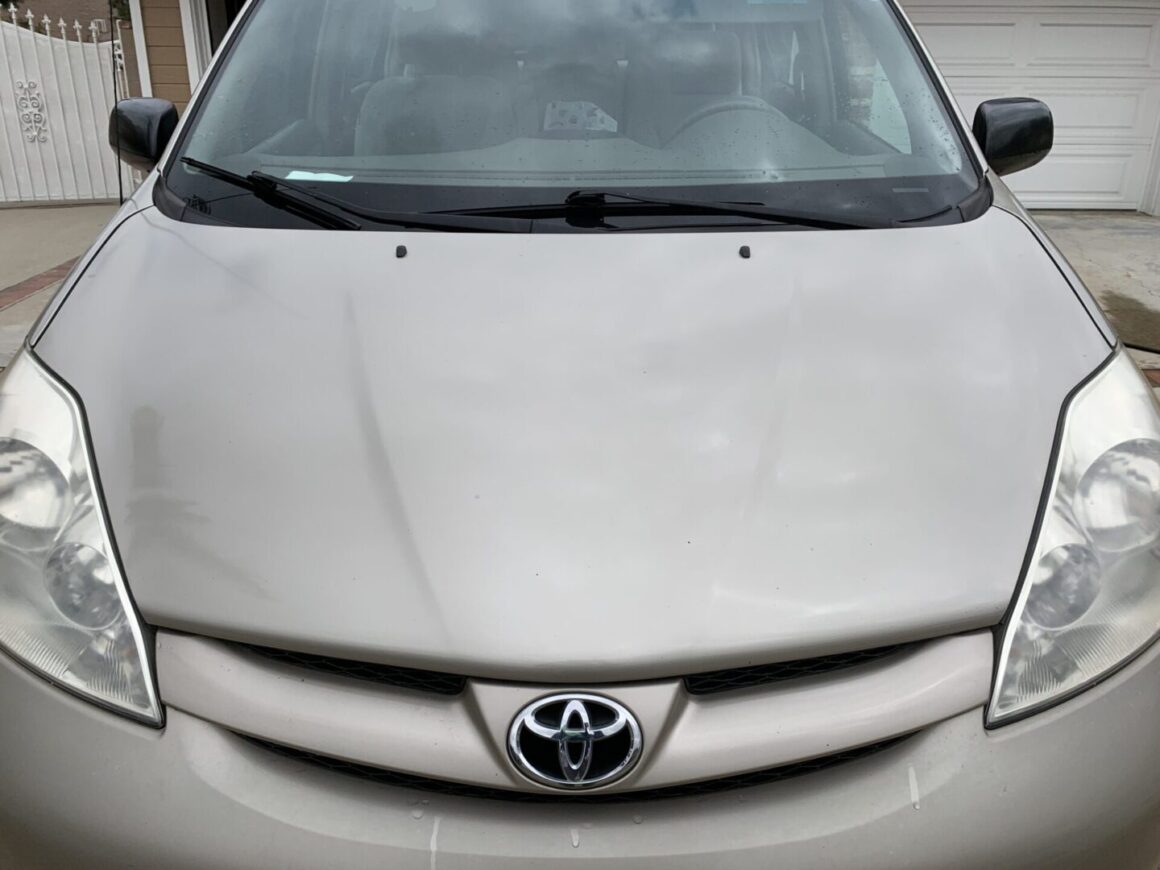
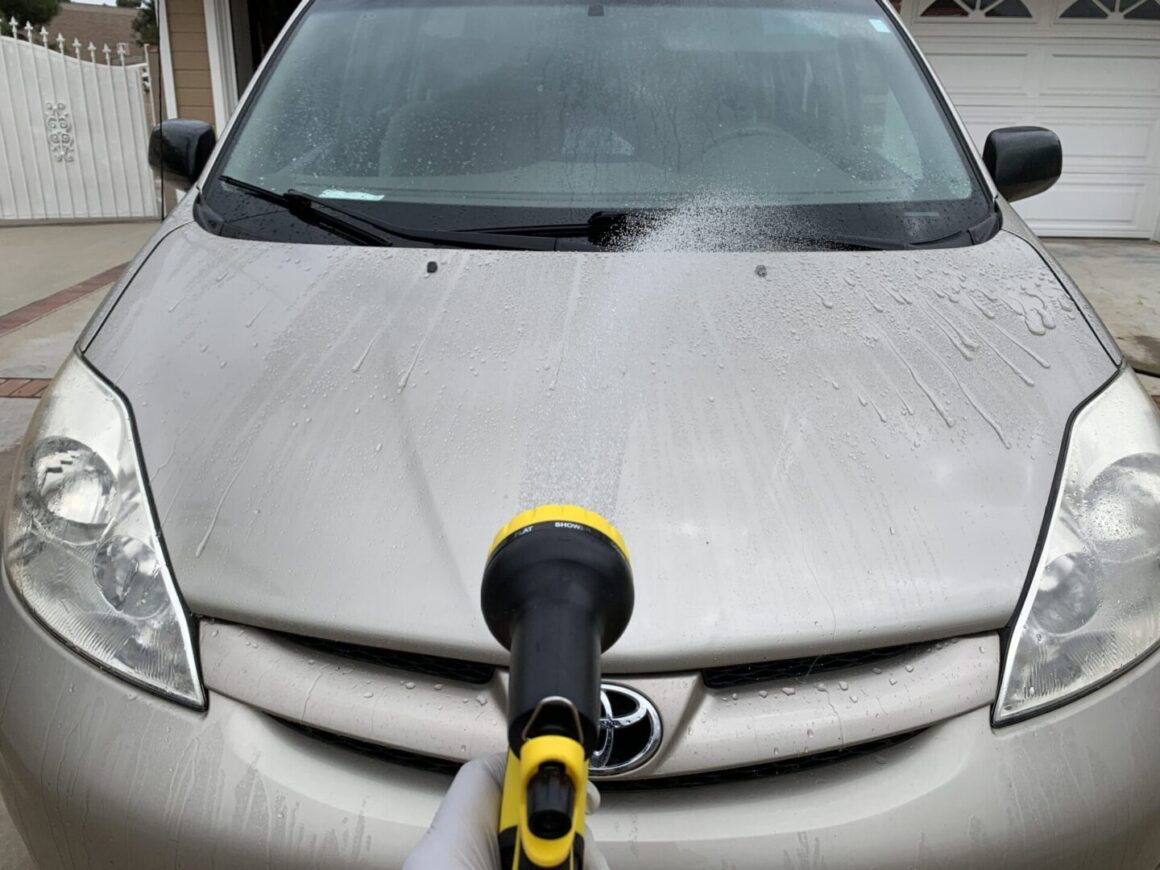
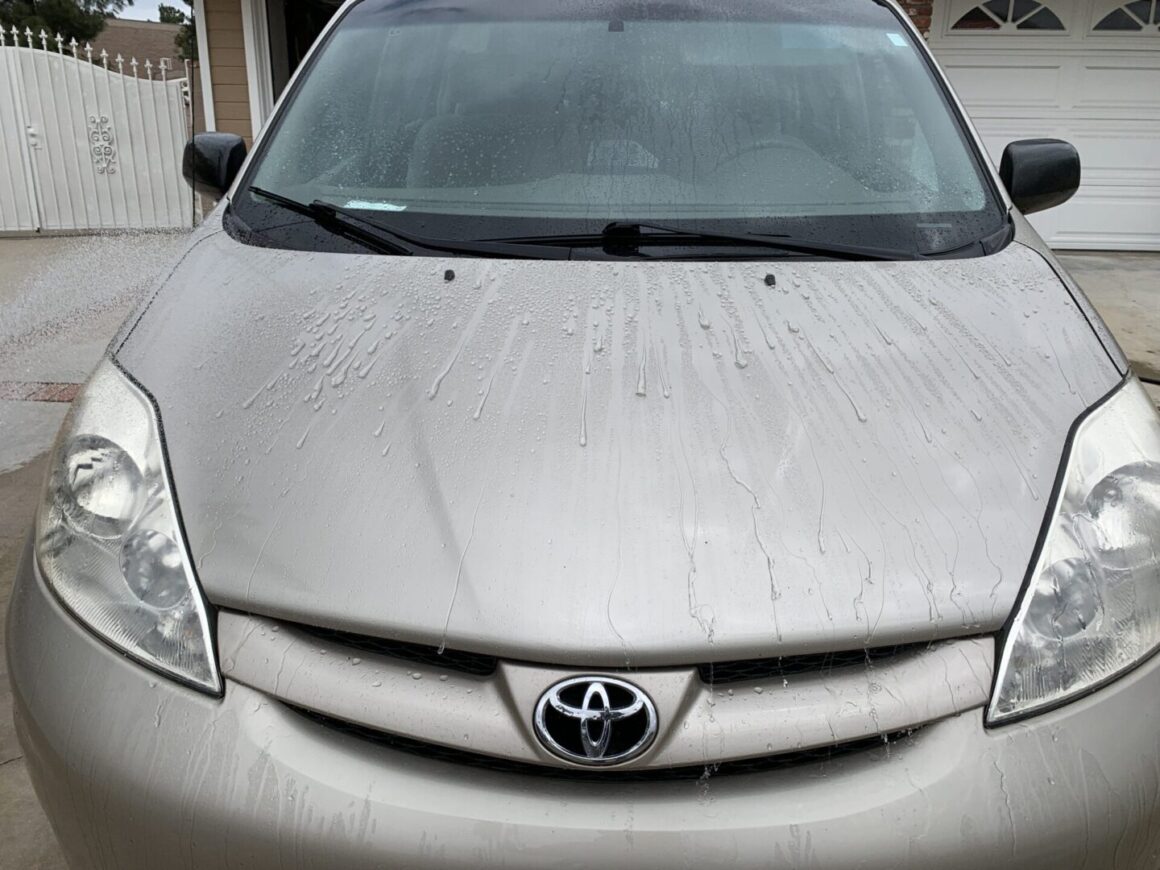
Three weeks later, I washed the hood using two soaps: a car wash soap used to wash the left side of the hood, and dishwashing soap to wash the right side of the hood. I used Chemical Guys Mr. Pink car soap as a control, as it is considered pH-neutral with a pH of 7.5. The dish soap I used here is Dawn Ultra Dishwashing Soap that I had laying around the house. The funny thing is that there is a lot of pH fear-mongering, even with the issue of using dish soap to wash a car. The matter of the fact is that Dawn Ultra Dishwashing Soap has a pH of about 9. This is not too far off from a neutral pH of 7. Regardless, even high or low pH soaps may not cause the wax to strip off either.
For the test, I used the proper dilution for the car wash soap (pink) on the left. I also mixed up a batch of dish soap that would provide a similar amount of soap suds as the car wash soap since there is no real recommended dish soap dilution ratio.
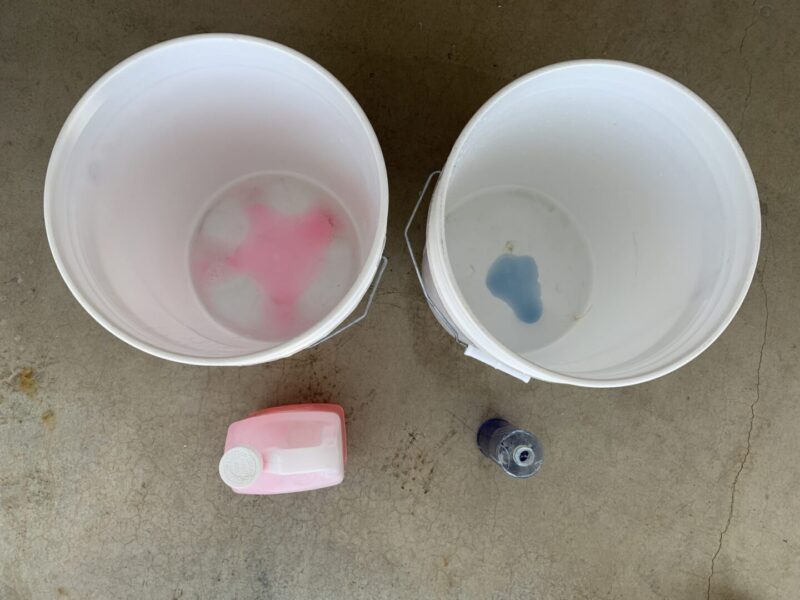
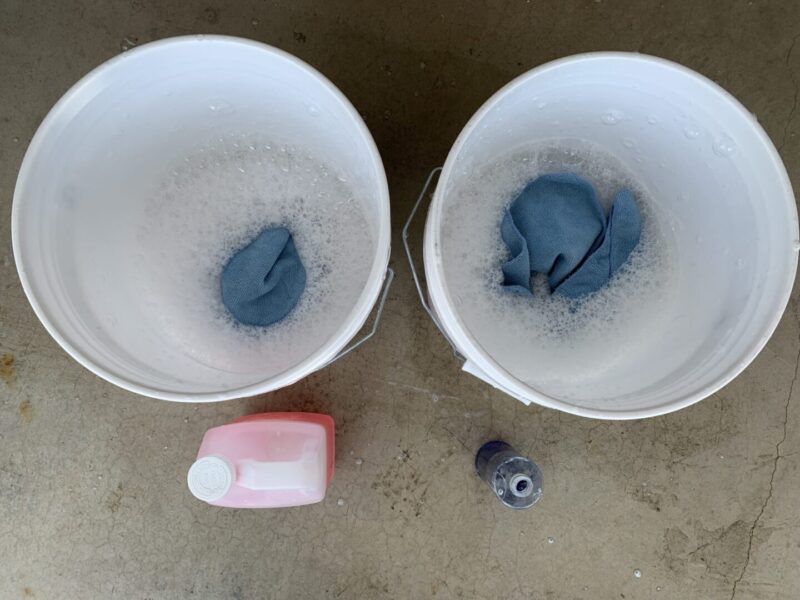
On the left side of the hood, I used a microfiber towel to wash with the car wash soap. I used light-to-medium pressure making two passes over the left side of the hood.
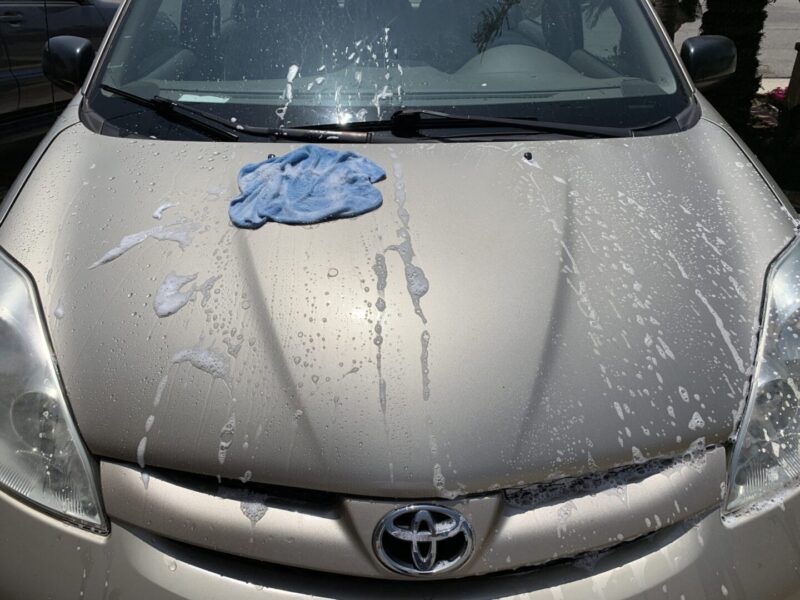
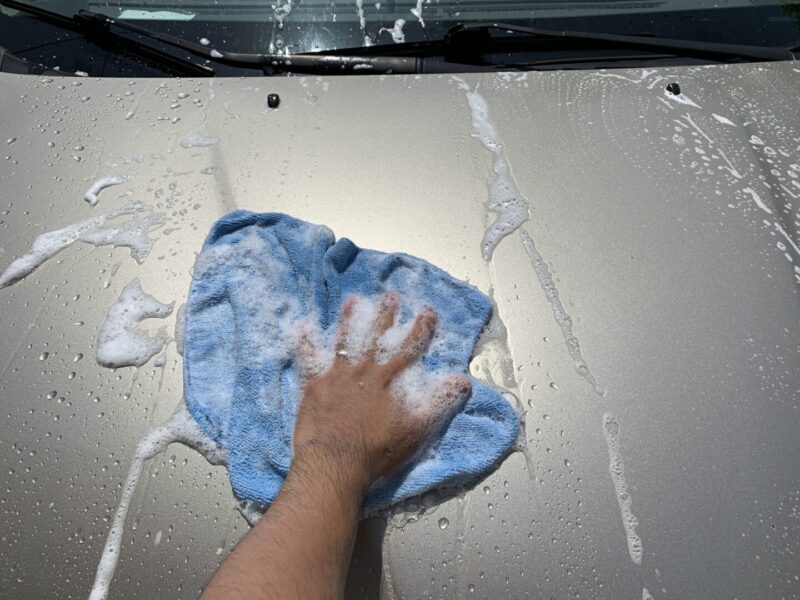
On the right side of the hood, I used a separate microfiber towel to wash with Dawn dish soap. I used the same pressure and application process as I did with the car soap on the left side.
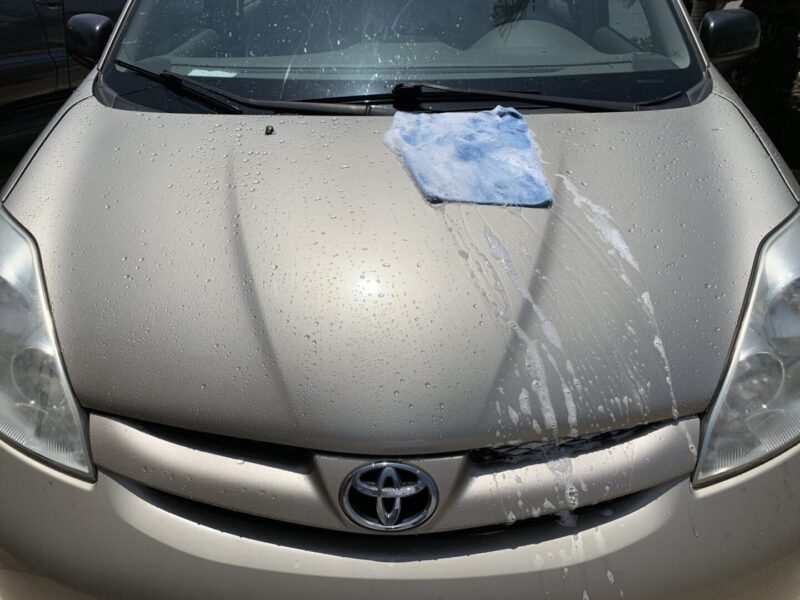

After washing, I sprayed everything off with water. With the soap washed away, it seems that the water still beads very well with little signs of degradation of the previously applied wax.
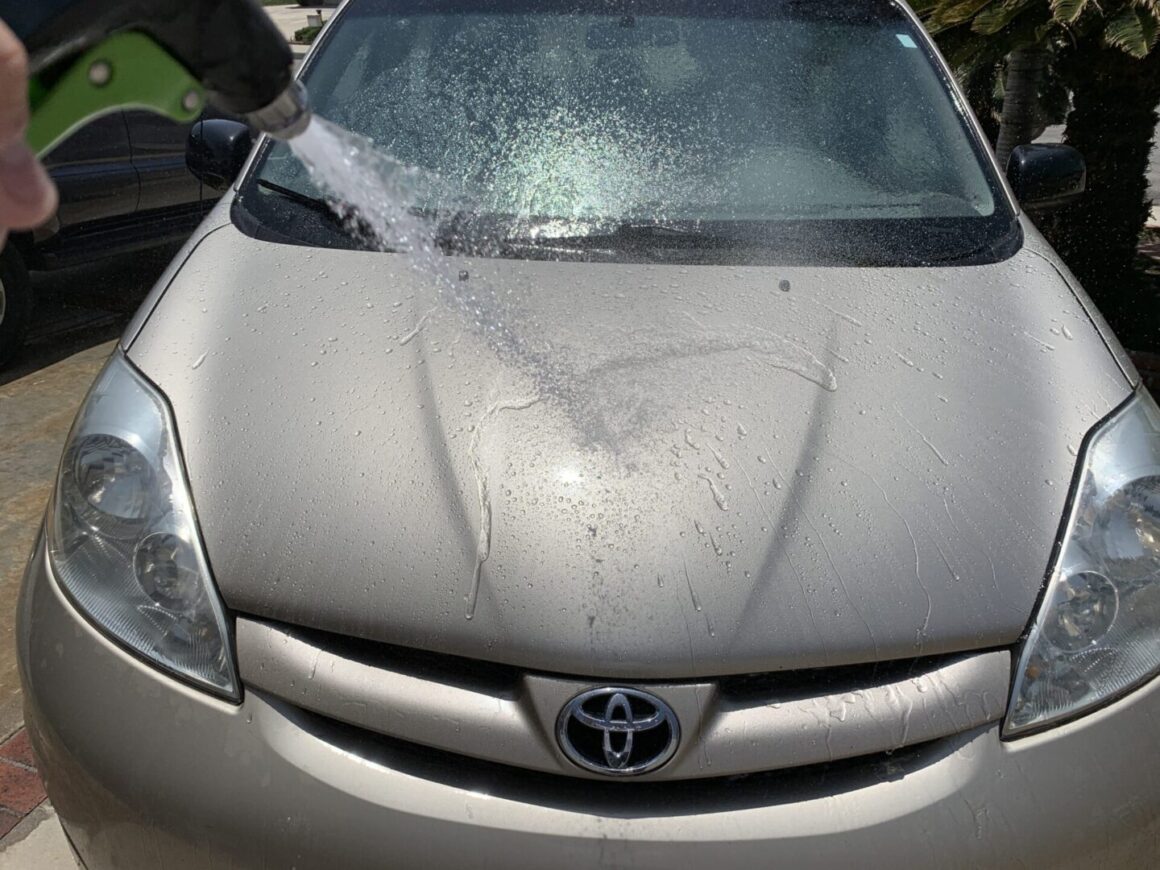
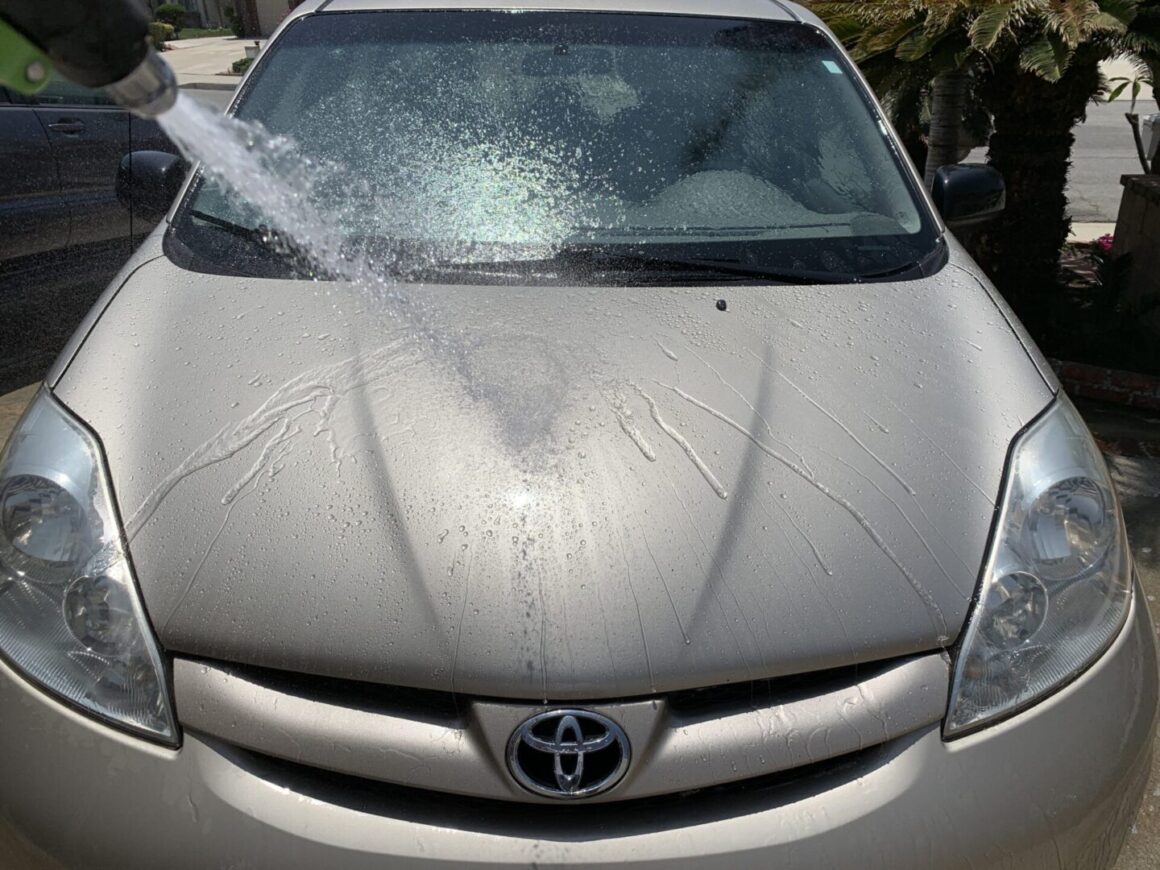
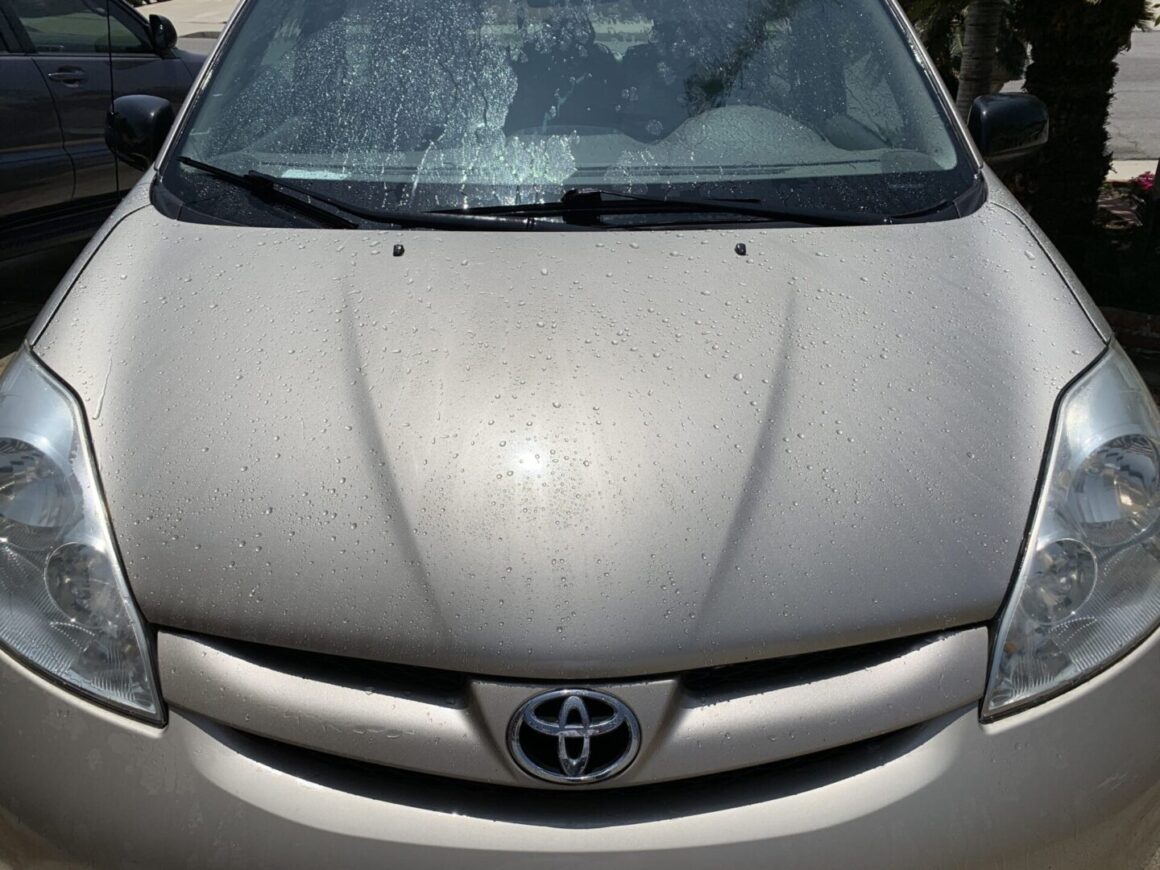
Some close-ups of the hood with the photo below on the left where car wash soap was used, and photo below on the right where dishwashing soap was used. As you can see, the hydrophobic properties of the wax are very much still intact.
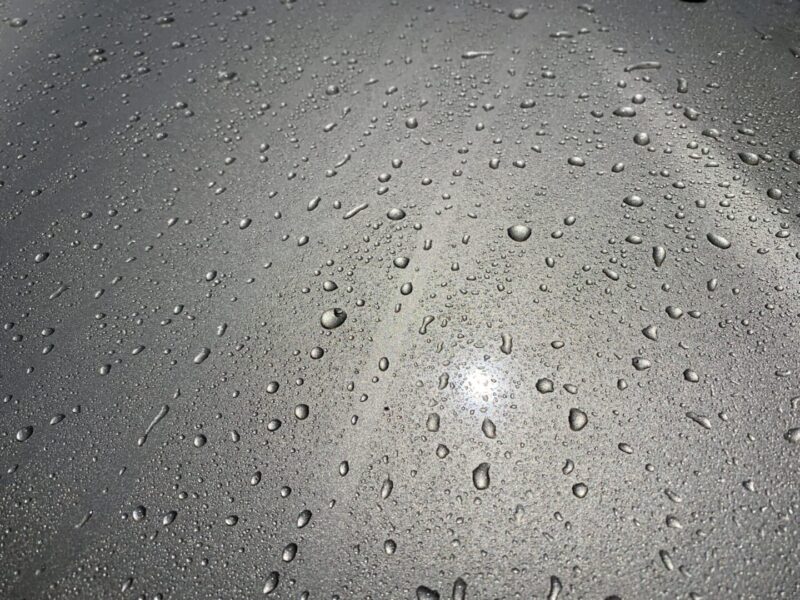
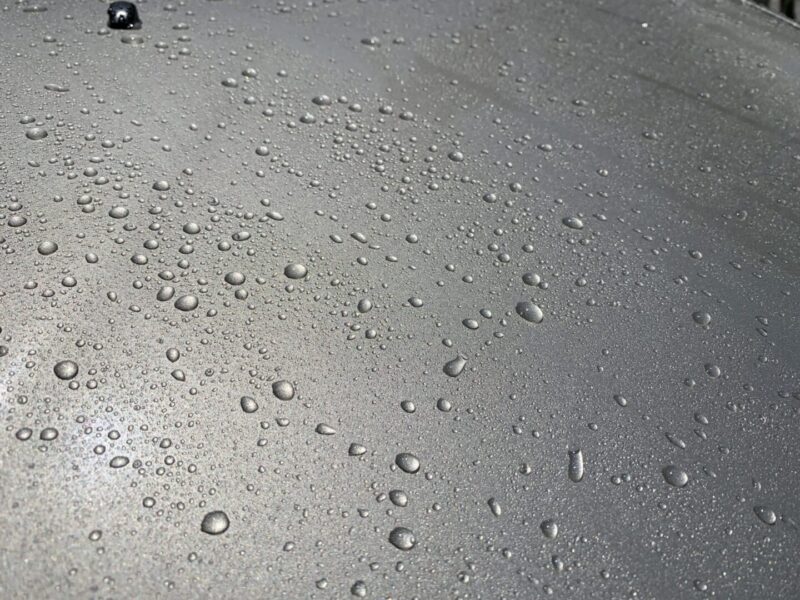
To me, this validated my hypothesis that dishwashing soap will not strip away existing wax; in this case, a pretty durable carnauba wax made by Collinite. Obviously, if dish soap doesn’t strip wax, then it will likely have trouble doing the same to more durable products such as paint sealants and ceramic coatings.
I wanted to continue washing the waxed hood with both soaps again at a later date, so I waited another three weeks to wash and rinse again to see if the wax held up. Again, I washed the left side of the hood with car soap and the right side with dish soap. This time, it appears that the beading characteristics are almost gone from the hood, indicating that the wax has been mostly removed. After six weeks of having wax on the car’s paint, I’d expect these results as wax usually doesn’t last a long time after its application.
I also did an IPA (isopropyl alcohol) wipe to ensure we are checking the remaining wax left on the hood and not any possible superficial characteristics left behind from the car wash soap. There is no significant difference between the two sides of the hood, showing that washing your car with dish soap doesn’t significantly wear wax away quicker than a dedicated car wash soap.
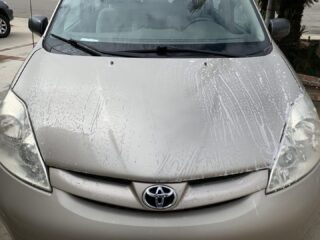
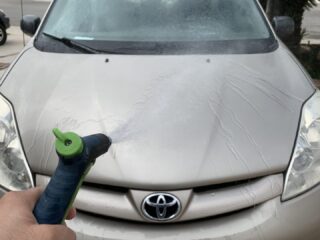
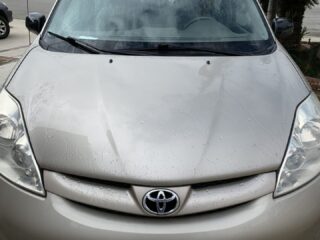
Does Dishwashing Soap strip away Spray Wax?
On this Honda CR-V, I wanted to test if dishwashing soap would strip away a spray wax. So, I performed a full exterior wash and applied Meguiar’s Ultimate Quik Wax, which is a popular spray wax. I sprayed this on the entire the vehicle’s paint and buffed/wiped it away with a microfiber towel according to the instructions.
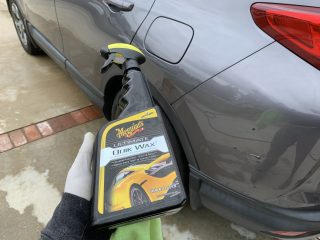

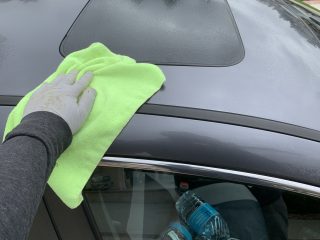
About three weeks later, I washed the vehicle throughout with a bucket of Dawn dish soap and water. I first rinsed off all the surface dirt, then I used a microfiber towel to wash the vehicle with the dish soap. I then rinsed all of the soap off.
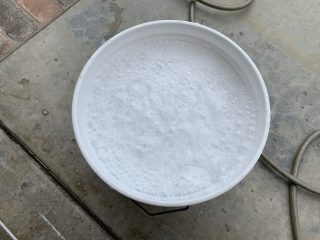
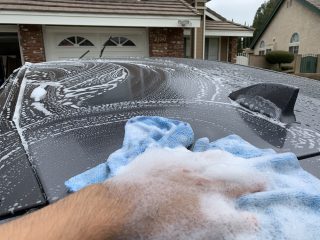
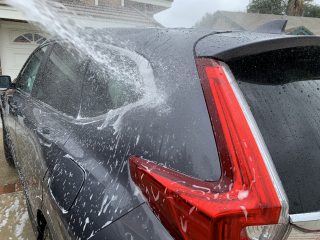
As you can see, the hydrophobic properties of the spray wax has not degraded with the product still appearing to be working like it should. The beading characteristics with the spray wax are not as good as what you might get with a true car wax, but comparing the results before and after washing with dish soap demonstrated that the dishwashing soap did not strip the spray wax on the car.
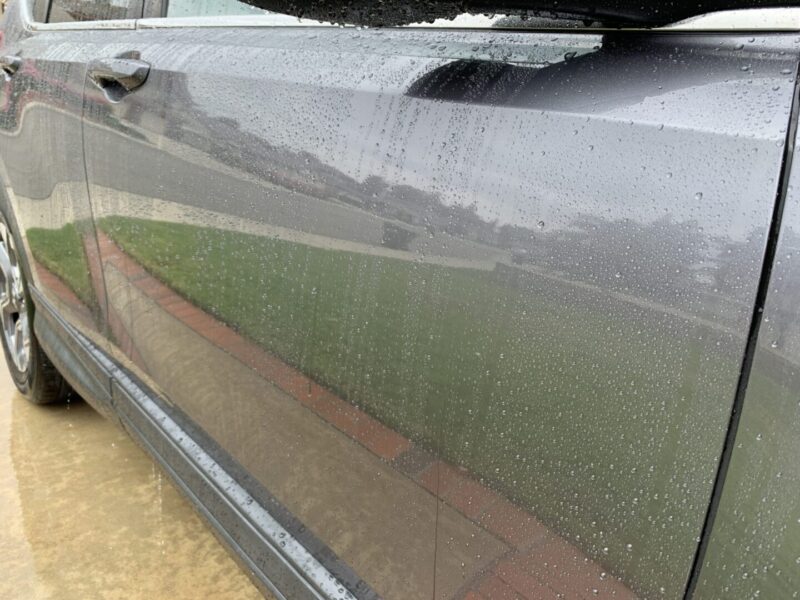
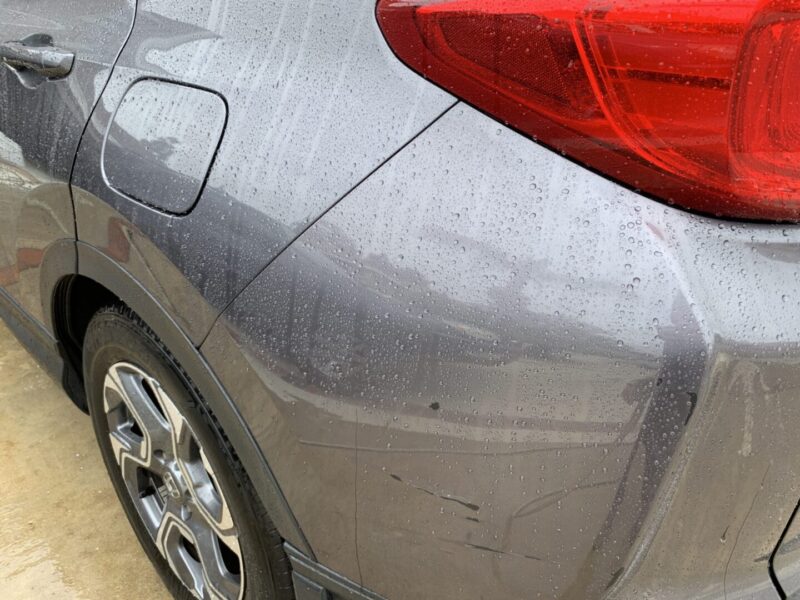
Conclusion: It is OK to use Dishwashing Soap to Wash a Car
Obviously from my test, I was able to re-affirm my opinion that it is ok to wash your car with dishwashing soap. So, what if I were to be asked if I would ever use dishwashing soap to wash my car? Well, if I had no car soap on hand and I needed to wash my car, sure I would. But if I had the choice to use a car wash soap instead, I’d prefer to use the car wash soap. The reason for this is not due to dish soap being dangerous for a car’s paint, but because car wash soaps are formulated to have other characteristics that make it easier and more enjoyable to wash your car.
Probably the most noticeable difference for me is the lubricity that car wash soaps have over dishwashing soaps. Especially for a car that has been fully prepped with a wash, decontamination, and LSP (last step product), it makes the car washing experience much more pleasurable. Washing the car with a car soap which has higher lubricity allows your wash mitt to glide along the car’s surface with ease, simply making the whole process very smooth and not requiring you to apply any more pressure than you need to. When using dish soap, it feels like there is more friction between your wash mitt and the car’s surface. It simply just doesn’t feel as good. So again, if I had a choice between dishwashing soap and car wash soap, I’d almost always choose the car wash soap because of this very reason.

